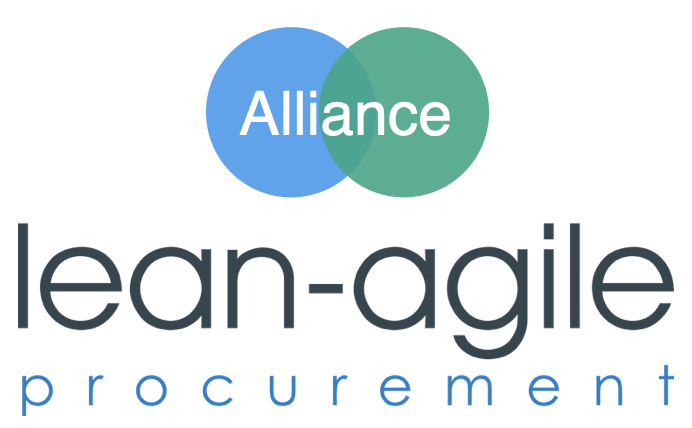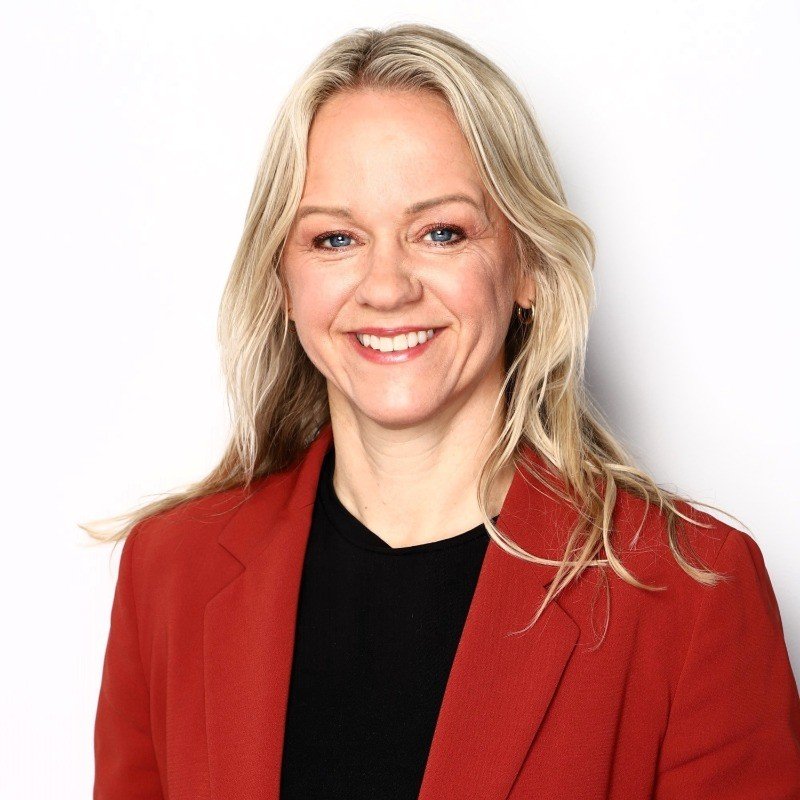Miles - The value-based IT Company (Ecosystem Case Study)
Congratulations to Miles - The value-based IT Company from Norway for being nominated at the 2024 Haier ZeroDX Awards! Miles was recognized for reinventing collaboration in the IT industry.
Miles, Norway, https://www.Miles.no
Congratulations to Miles - The value-based IT Company from Norway for being nominated at the 2024 Haier ZeroDX Awards! Miles was recognized for reinventing collaboration in the IT industry.
As part of our collaboration with the Haier Model Institute (HMI), we proudly supported the 2024 Haier ZeroDistance Excellence Awards by nominating outstanding organizations, individuals, and case studies from around the world. We want to extend our deepest recognition to all participants, who are true pioneers in embracing new management models and fostering ZeroDistance with their customers, suppliers, and communities. Your innovative spirit is shaping the future of business!
I’m incredibly proud of Miles, one of our nominees by the LAP Alliance, has truly earned this recognition through their progressive work!
Discover more about Miles and their Ecosystem Success Story through an insightful interview with their CEO Camilla Amundsen and founder Tom Georg Olsen.
If you’re new to Ecosystems and the New Economical Engine read the linked blog post first.
Image Source: Linkedin
Interview with CEO Camilla Amundsen and founder Tom Georg Olsen
This interview was conducted as part of the Haier ZeroDX Awards assessment, with CEO Camilla Amundsen and founder Tom Georg Olsen, interviewed by Mirko Kleiner and Bjarte Bogsnes.
Image Source: Linkedin
What was the problem? How was it identified?
The founders of Miles identified a problem with traditional management practices that led to mediocrity, lack of passion, and a focus on processes over people based on previous work experience in traditionally managed companies.
Furthermore was and still is the IT Consultancy market very competitive and it’s very difficult to get great employees.
As the company was founded on the values of professional authority and warmth and has been operating accordingly and continuously evolving ever since.
By today Miles is a leading example of a software and IT company in Norway and Litauen with 7 locations that are operating as a business ecosystem, where each cell is highly independent and self-organized.
Who led the change?
Tom Georg Olsen spearheaded the change initiative at Miles. Olsen, with a background in IT and telecom, emphasized values-based servant leadership and warmth over traditional management practices. In May 2023 Camilla Amundsen took over his servant leadership role.
Generally speaking, at Miles everybody is encouraged to lead the change.
Image Source: Miles
How many teams/individuals were involved?
Initially during the foundation of Miles it was the founders who had the biggest influence. They started with the vision to create an outstanding workplace. They’re strong believers that if the employees are passionate that their customers would be impacted positively by that too. One change that Miles has implemented was a rigid recruiting process, where they focused not just on competence, but also at character. It became a quality label to work for Miles and the employees are still proud of this.
Today is the entire company involved in the change process, particularly focusing on recruitment, cultural activities (like "Smiles"), and enhancing transparency. Speaking to Camilla it becomes obvious how serious they take it with principles such as people do come first. The people are proud to work at Miles and the company has one of the highest employee satisfaction rates in the industry.
What systems and tools were employed?
Miles employed a culture of trust, transparency in cost management (e.g., open posting of PC and training costs), and social bonding activities like "Smiles" gatherings. These gatherings also extend their business ecosystem to their families.
They utilized a servant leadership model where decisions were decentralized, and employees were trusted to make responsible choices.
Tom mentioned that they tried to prepare everybody for crisis so that they could decentralized take decisions in case a new challenge would rise. In other words Miles has by today 250 CFO’s you even take financial decisions in the interest of Miles no matter of their role.
To empower a decentralized decision taking transparency became a huge driver. So had every purchase taken be published in the intranet. Of course had this a control function, but this was not the purpose of it. Moreover the purpose was to encourage everybody to take decisions and learn from others what they do, e.g. if they spend the money to join a conference or if they bought a new laptop.
On the other hand they are also looking for a shared purpose, common goals that are co-created and jointly adapted as needed.
What decisions did the team need to make?
The key decision was made as the company was founded, wanting to run the company in a radically different way than traditional companies. This included for instance recruitment being based on values and cultural fit rather than solely on technical skills, and fostering a culture of openness and trust in financial matters. The company operates without traditional budgets and targets, just a very lean forecasting process.
Self-critical Camilla said that it’s a constant challenge to keep the lean structure while growing. However, the people and the culture are their safety-net and won't allow any fall-back into traditional management.
What resources were they given?
There was no dedicated change team, as the management team themselves led the change from the start of the company. Miles operates without traditional budgets and targets. Employees can attend whatever training they want, wherever in the world. No training or travel budgets.
Did they collaborate with external parties?
Miles collaborated with NHH, the largest Norwegian business school, to better understand what kind of management model they were practicing. The conclusion was “Servant Leadership”.
Miles relied on employee referrals for recruitment but did not heavily engage with external parties like vendors or consultants for their core operational changes.
On the IT side of the business Miles partners with big IT Providers such as Microsoft and tries to establish their partnerships on the same set of values.
What were the most significant challenges and how did the team overcome them?
Challenges included ensuring cultural fit in recruitment and maintaining a high level of trust and transparency. Strategies included rigorous employee referrals, thorough reference checks, and maintaining openness in financial matters.
Image Source: Miles
What were the impacts?
Impact on User Experience
Improved employee satisfaction and retention, indirectly benefiting customer relationships.
Impact on Ecosystem Parties
Strengthened relationships with customers due to low employee turnover and high employee satisfaction.
Impact on Employees
Enhanced morale, productivity, and engagement through a culture of trust and transparency.
Impact on the Overall Organization
Achieved both strong growth and great financial performance and recognition as a top workplace in Europe.
Impact on Corporate Culture
Fostered a culture of values-based servant leadership and warmth, integral to Miles' identity.
Get in touch
To get in touch with Miles visit their website for more informations or reach out to us to get a direct contact with Camilla and Tom Georg.
Recommended Read
We do recommend Bjartes newest book about Beyond Budgeting, which is a must read for every leader and was the foundation of Miles transformation. Learn more about it here https://bbrt.org







